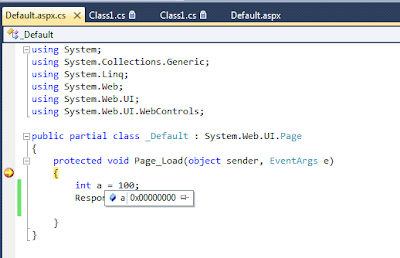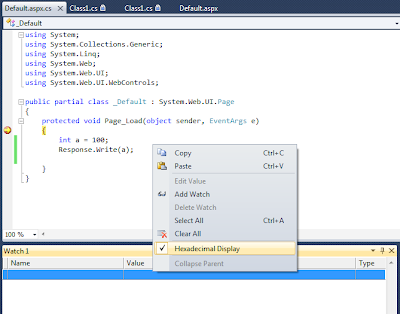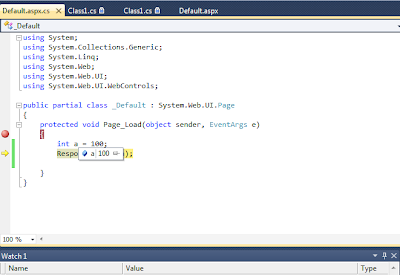Few years ago, around 2011, at one night I decided and started
blogging about ASP.Net technologies. I’m diehard fan of WWE (World Wrestling
Entertainment), as of now I’m a huge fan of John Cena. From his slogan “The
Champ Is Here” I pick up the name “Champ” and put it my blog. This is how I named my blog.
 |
| The Champ Is Here! |
At Initial stage I’m not a serious blogger. But from the
year 2013, onwards I decided to do something to the ASP.Net community. So that I
decided to post article in a regular basis. As of now I’m serious about this.
Since its starting, my blog goes up and down. As of now I have
crossed over 8000+ views. (thanks to everyone who helped to achieve this
height.
Apart from blogging, I’m
a member of the ASP.Net forums where I can contribute to the community directly
as much as I can.
My blog traffic also increased during this year after I post
in a regular intervals. You can see the result in the below figure. Recently i have changed the UI of this website and mapped from blogger to the custom website.
 |
| Overall Growth of my website |
Normally I got nearly 1000+ page views per month, which is very low compare to other blogs, but I’m
happy with my work.




